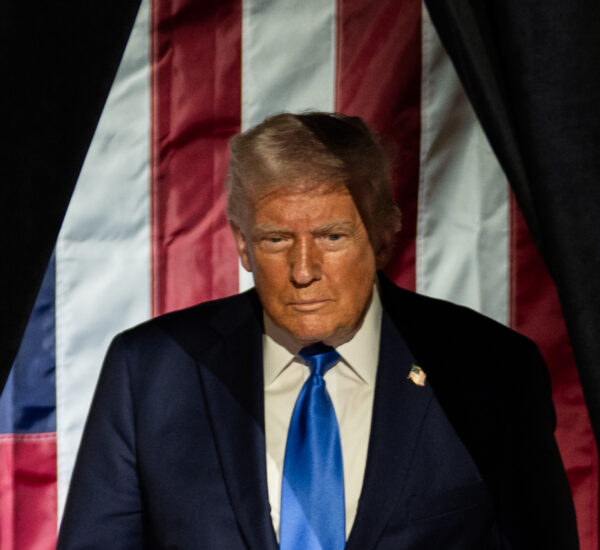Senate Majority Leader Chuck Schumer has set the stage for a crucial procedural vote, marking a significant moment in U.S. history. The vote centers around President Biden’s $106 billion supplemental package, aimed at providing assistance to Ukraine, Israel, Indo-Pacific nations, and humanitarian efforts in Gaza.
Schumer’s move involves a planned cloture vote on a shell bill, scheduled for later this week. He emphasized the urgency of this action, citing Ukraine’s dwindling resources required to combat the ongoing Russian invasion.
In a passionate plea on the Senate floor, Schumer urged all senators to consider the gravity of the situation, emphasizing that America’s national security is at stake globally, spanning Europe, the Middle East, and the Indo-Pacific. He highlighted that the supplemental package could influence the trajectory of democracy for years to come, underscoring the historical significance of this moment.
However, the road ahead for the bill appears challenging. Republicans have signaled their intent to vote against advancing the supplemental bill unless it includes provisions related to border security. They argue that a border deal is crucial to garner their support, as it would face difficulties passing the House without these provisions.
Senator Chris Murphy, a leading Democratic negotiator, expressed frustration as talks broke down, characterizing Republican demands as inflexible. Negotiations primarily revolved around asylum and parole claims, leading to concerns among progressives that too many concessions were made.
On the conservative side, Republicans have insisted on H.R. 2, a robust border security bill, as the basis for discussions, a proposition firmly rejected by Democrats.
To shed light on the situation in Ukraine, top administration officials, including Secretary of State Antony Blinken, Defense Secretary Lloyd Austin, and Director of National Intelligence Avril Haines, are set to provide a classified briefing to all senators on Tuesday.
In addition, Schumer announced that Ukrainian President Volodymyr Zelensky will address senators via secure video, offering insights into the challenges faced by Kyiv.
While there is no strict deadline for passing the supplemental bill, the White House has emphasized the urgency, warning that aid for Ukraine could run out by the end of the year without congressional action. The unfolding events in the Senate hold substantial implications for international affairs and U.S. national security.





